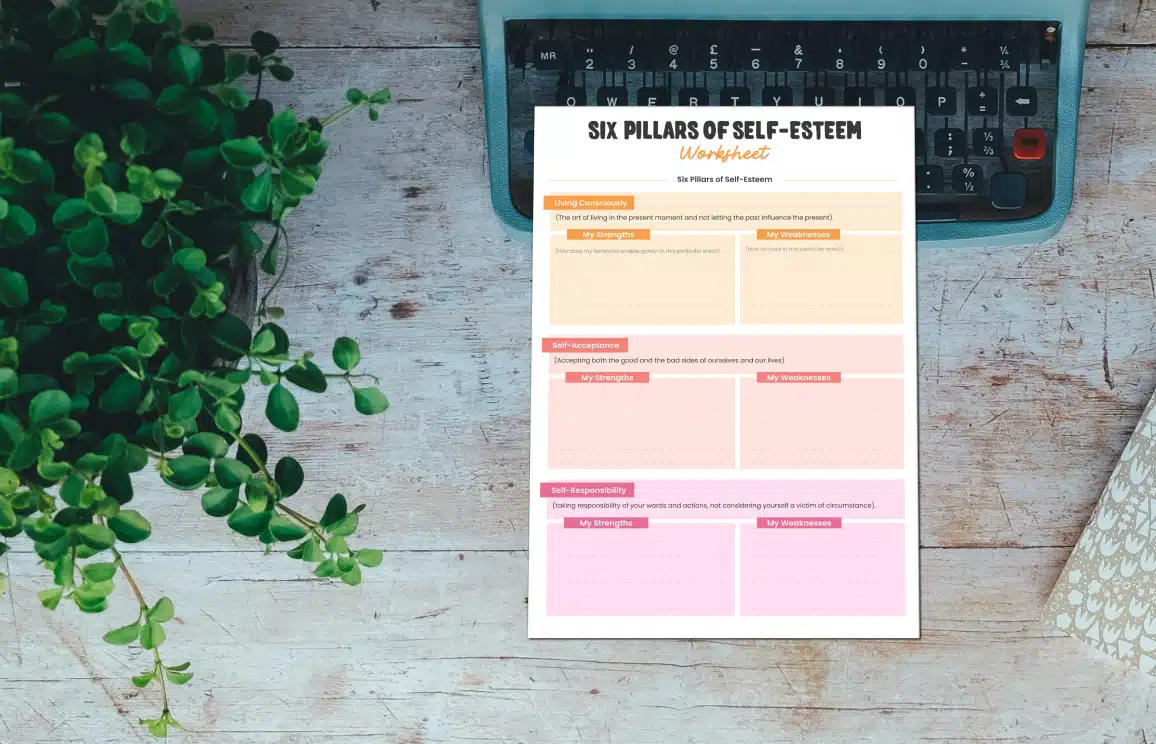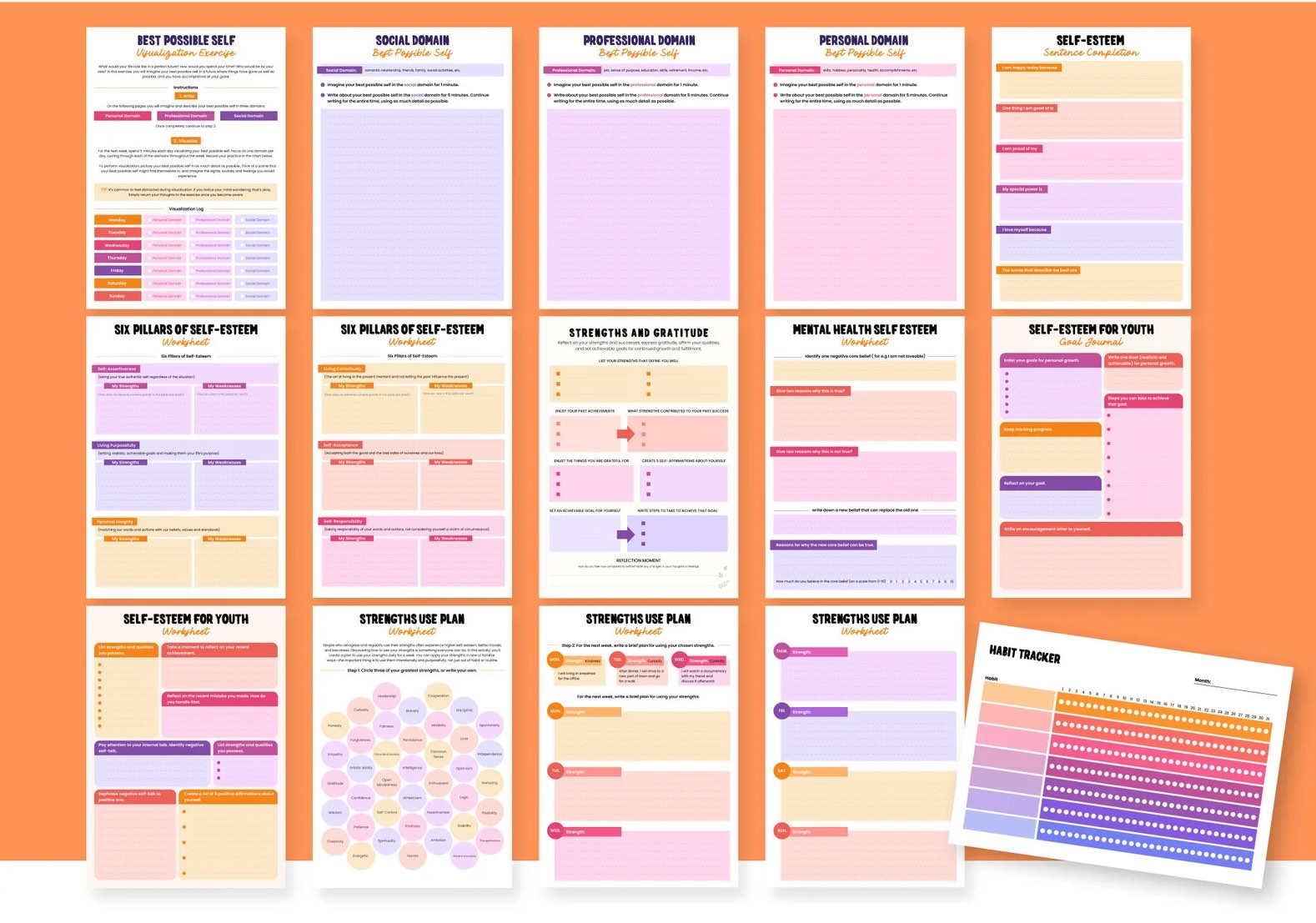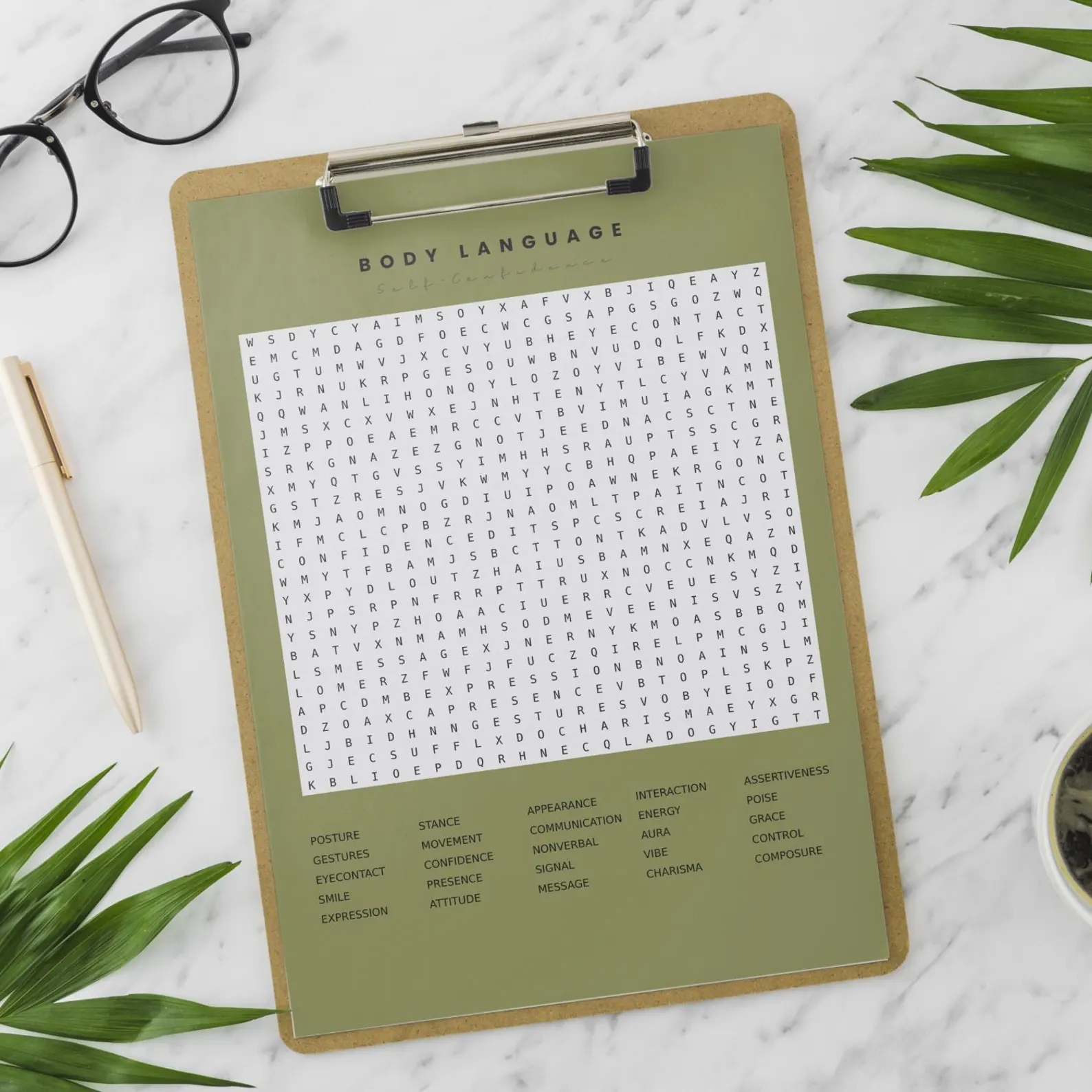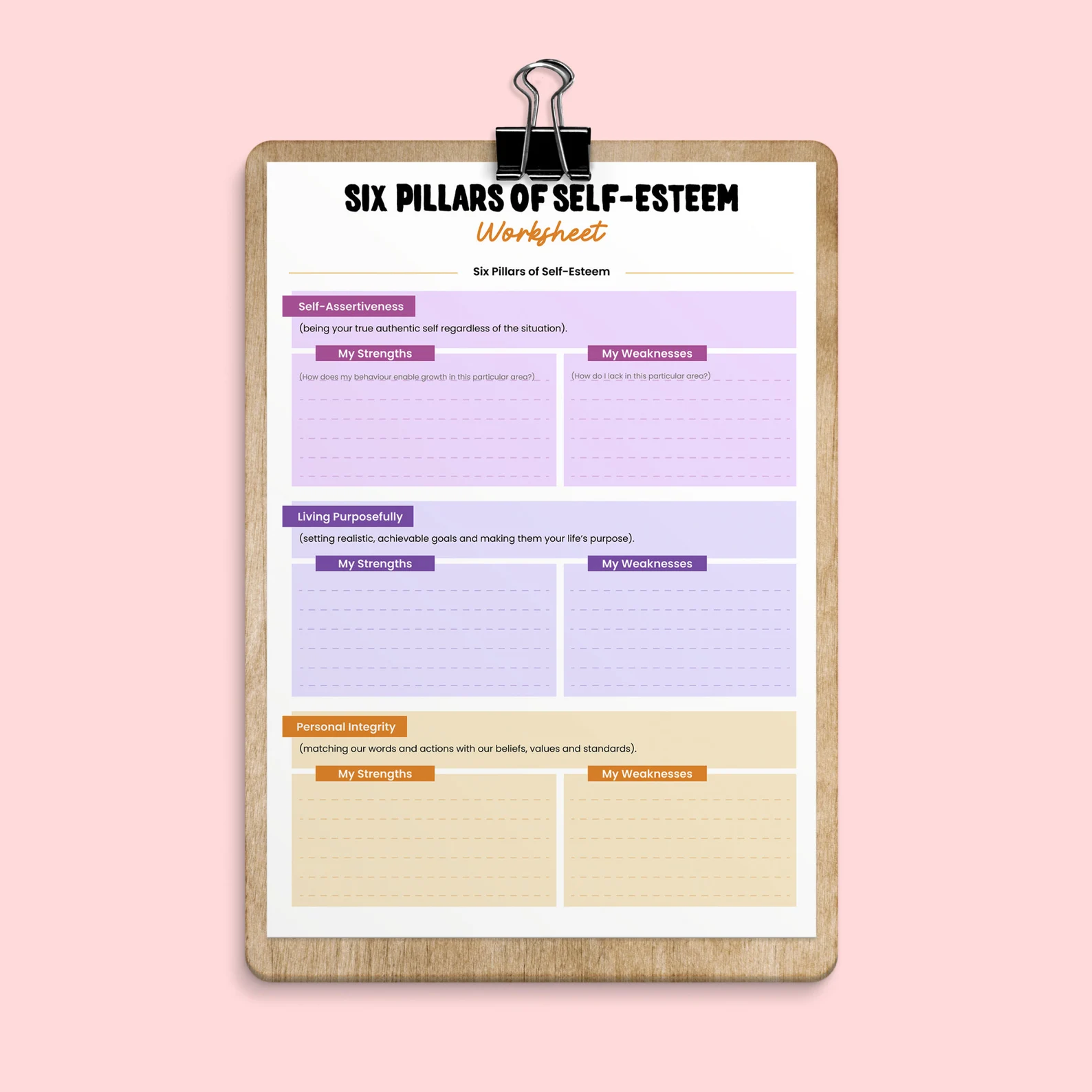Nurturing Healthy Self-Esteem: A Guide to Confidence and Self-Worth
Having healthy self-esteem is all about feeling good about who you are, recognizing your strengths, and treating yourself kindly when things don’t go as planned. It’s not about being perfect or better than anyone else, it’s about understanding and appreciating your own worth. In this post, we’ll dive into why a strong sense of self-worth matters, how to use positive self-talk, and what it takes to truly boost your self-image.
Why Healthy Self-Esteem Matters
- Better Relationships: When you respect yourself, you’re more likely to set healthy boundaries and nurture supportive connections.
- Stronger Confidence: Believing in yourself encourages you to try new things and aim higher.
- Improved Mental Health: Good self-esteem helps you manage stress and bounce back from setbacks.
- Positive Outlook: Feeling comfortable in your own skin can make everyday life more enjoyable and meaningful.
Building Confidence from the Inside Out
Start Small
- Identify Strengths: Think about one thing you do well—whether it’s listening to friends, cooking a tasty meal, or organizing your workspace.
- Celebrate Wins: Acknowledge little victories. Recognizing progress builds momentum.
Embrace Growth
- Accept Mistakes: Everyone slips up. Treat them as stepping stones, not roadblocks.
- Push Boundaries: Try something outside your comfort zone, like a new hobby or class.
Keep It Real
- Set Achievable Goals: Break bigger objectives into smaller steps to avoid feeling overwhelmed.
- Track Progress: Note changes in mood or skill development. Seeing how far you’ve come builds motivation.
Positive Self-Talk for Self-Worth Improvement
Positive self-talk simply means recognizing and reshaping the way you speak to yourself. Here’s how to practice it:
- Catch Negative Thoughts: When you think, “I’m not good enough,” pause and question it.
- Reframe: Swap “I can’t do this” for “I can learn how to do this.”
- Be Kind to Yourself: Use gentle, understanding words—just like you’d treat a friend.
Try speaking to yourself with the same compassion you’d show someone you really care about. Over time, these small shifts can lead to big changes in how you see yourself.
Boosting Self-Image with Daily Habits
Practice Gratitude
Focusing on what’s going right can overshadow what feels wrong. List three things you’re grateful for each day, big or small.
Move Your Body
Regular physical activity can lift your mood and remind you of your body’s capabilities.
Surround Yourself with Positivity
Spend time with people and activities that uplift you. Even small doses of support add up over time.
Recommended Tools for Building Healthy Self-Esteem
-
- A handy set of exercises and insights for developing self-worth.
- Offers a variety of activities to explore at your own pace.
This bundle is available (Printable & Digital Use)
-
- Combine fun with positivity as you find uplifting words.
- Perfect for a quick break that reinforces healthy self-talk.
This pack of word search puzzle is available – 28 word search puzzles (Printable & Digital Use)
-
- Another playful way to remind yourself of empowering ideas.
- Great for a quick confidence boost whenever you need it.
This pack of word search puzzle is available – 28 word search puzzles (Printable & Digital Use)
Self-Esteem 6 Pillars Worksheet
-
- Focuses on core elements of confidence, from personal integrity to self-acceptance.
- Ideal for anyone wanting a deeper dive into how self-esteem develops.
This worksheet is available (Printable & Digital Use)
30-Day Challenge for Healthy Self-Esteem
Ready to start building a more solid foundation of self-worth? Here’s a simple, friendly challenge you can do one day at a time. By the end of the month, you’ll have made meaningful progress toward boosting your self-esteem.
For Week 1
- 1: Self-Check – Write down how you currently feel about yourself. No judgment—just honest thoughts.
- 2: Identify Strengths – Name three things you do really well. Keep that list where you can see it.
- 3: Positive Words – Tell yourself one kind statement (“I am capable, and I am growing”) first thing in the morning.
- 4: Embrace a Challenge – Do one thing outside your comfort zone, like a new recipe or a quick art project.
- 5: Self-Esteem Word Search – Complete the Self-esteem Word Search—a fun way to remind yourself of uplifting words.
- 6: Celebrate a Win – Reward yourself for a recent success, big or small—maybe you organized a closet or finished a tough task.
- 7: Reflect – Write down one lesson you learned from a past mistake.
Do it on Week 2
- 8: Create a Self-Esteem Toolkit- Gather uplifting quotes, songs, or photos that make you smile. Keep them handy.
- 9: Self-Confidence Word Search – Dive into the Self-confidence Word Search to reinforce positive words in your vocabulary.
- 10: Compliment Someone Else – Offer a genuine compliment to a friend or coworker. Spread the good vibes.
- 11: Thank Yourself – Write a quick note of gratitude to yourself in a journal. Focus on something you did well today.
- 12: Declutter Your Space – Clear a small area in your home or workspace. A fresh environment can boost mood.
- 13: Pillars of Self-Esteem- Fill out the Self-Esteem 6 Pillars Worksheet to explore new ways to build confidence.
- 14: Reflect on Goals – Check where you’re at with any personal targets. Are you celebrating small wins?
Now, Week 3
- 15: Try Something New – Visit a new cafe, try a different workout, or pick up a new book genre.
- 16: Compliment Yourself Aloud – Stand in front of a mirror and say one nice thing about yourself.
- 17: Share Progress – Tell a supportive friend about one improvement you’ve noticed in yourself.
- 18: Self-Esteem Bundle – Explore the Self-esteem Bundle resources, and try one new exercise that catches your eye.
- 19: Digital Detox – Take a few hours away from social media. Notice how it affects your mood.
- 20: Create a Vision Board – Gather pictures or words that represent your future goals and stick them on a board or folder.
- 21: Focus on Strengths – List three skills you want to develop further and why you value them.
And finally, Week 4&5
- 22: Check Your Self-Talk – Whenever you catch yourself using negative words, pause and rephrase them.
- 23: Reflect on Growth – Write down one area where you’ve grown since Day 1.
- 24: Mindful Moments – Spend five minutes doing slow, deep breathing to clear your head.
- 25: Body Appreciation – Focus on one thing you love about your body or health.
- 26: Mini Gratitude Check – List one thing you appreciate about yourself—today’s accomplishment or just your uniqueness.
- 27: Support Circle – Reach out to someone you trust. Share something you’re proud of.
- 28: Celebrate Small Steps – Treat yourself—enjoy a favorite snack or a relaxing bath.
- 29: Review Your Progress – Compare how you felt on Day 1 to now. Notice any changes in your outlook.
- 30: Look Ahead – Decide on one habit from this challenge to continue daily.
Healthy self-esteem isn’t about never feeling insecure—it’s about recognizing that you’re worthy even when life gets bumpy. By practicing positive self-talk, celebrating small wins, and challenging unhelpful thoughts, you can make steady progress toward building a more confident, grounded sense of who you are. Give this 30-day challenge a try, explore the recommended tools, and remember: every step you take toward embracing your self-worth is worth celebrating.






